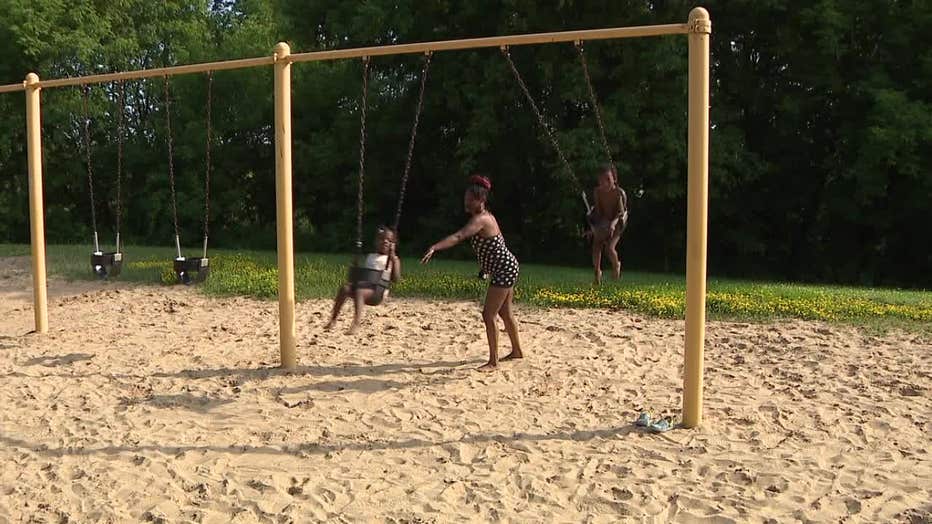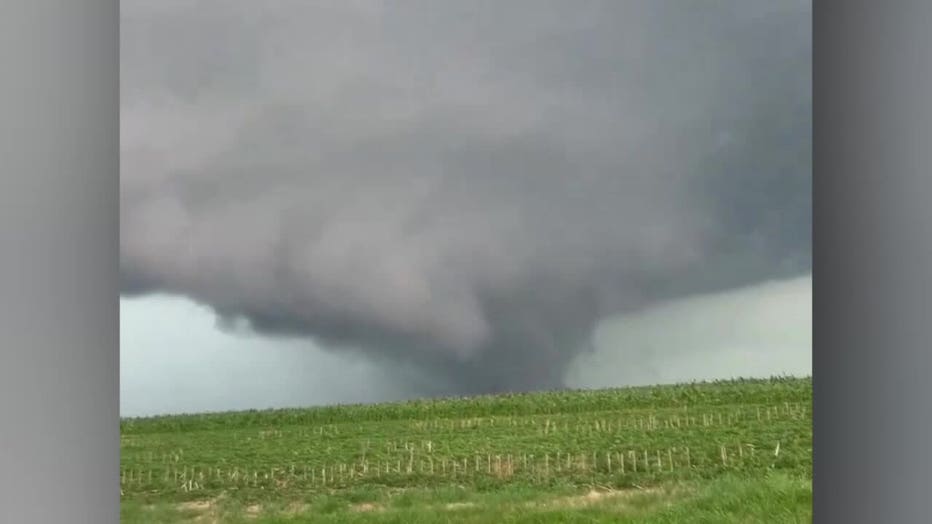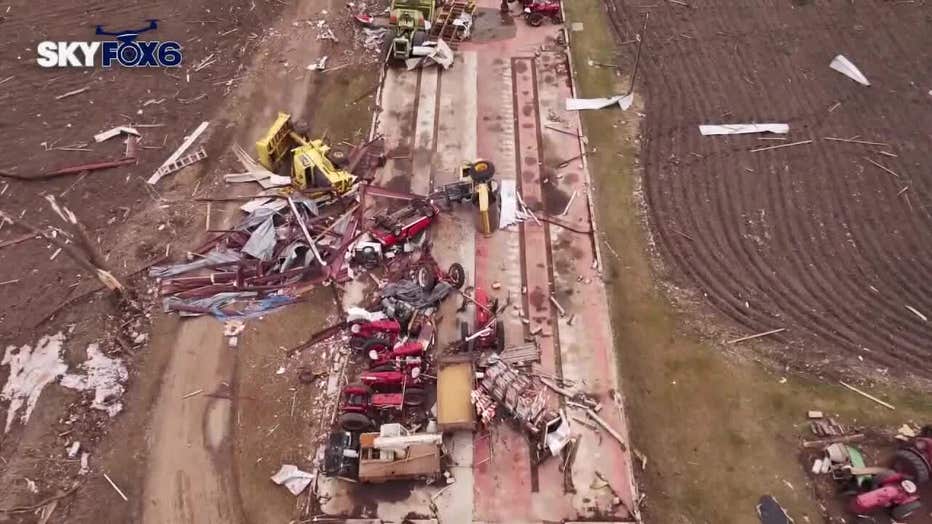Wisconsin severe weather; avoiding fatigue, staying aware
SHOREWOOD, Wis. - Southeast Wisconsin braces for more severe weather just two days after a string of tornadoes touched down.
Beneath the blue sky in Estabrook Park, Shanel Stovall provides the push, kids King and Kamaya the smiles, for a perfect afternoon in Milwaukee on Monday, June 24.
"It’s beautiful," Stovall said. "They outta school, yes. The weather's nice. We always come here."
And Monday, they took advantage of this window of opportunity after so many recent swings in the forecast.
SIGN UP TODAY: Get daily headlines, breaking news emails from FOX6 News
"I'm tired of all the rain, so I'm glad there's no rain today," Stovall said. "I am tired of that."

She’s not the only one.
The data explains why. Wisconsin averages 23 tornadoes per year, and we've already seen more than 30 so far in 2024.
The increase is even higher for tornado warnings. Our average in southeast Wisconsin is five a year. We've already had 27.
FOX6 Chief Meteorologist Tom Wachs said it makes him nervous.
FREE DOWNLOAD: Get breaking news alerts in the FOX6 News app for iOS or Android.
"This has been probably the craziest weather year, certainly in my 21-year weather career. I don't remember anything like this," Wachs said. "Our typical severe weather season is June to August. So, we're really only beginning this thing, and it started in February."

He said all of these warnings can lead to fatigue.
"Don't get complacent. Don't think that because you've had a tornado warning, because you've gone into the basement and it hasn't happened, that doesn't mean it won't happen," Wachs said.

Since the National Weather Service started tracking totals in 1950, the state’s worst year for tornadoes was 2005. Wisconsin had 62 that year.
With another round of severe weather coming, check that your portable chargers are good to go, in case you lose power overnight.


